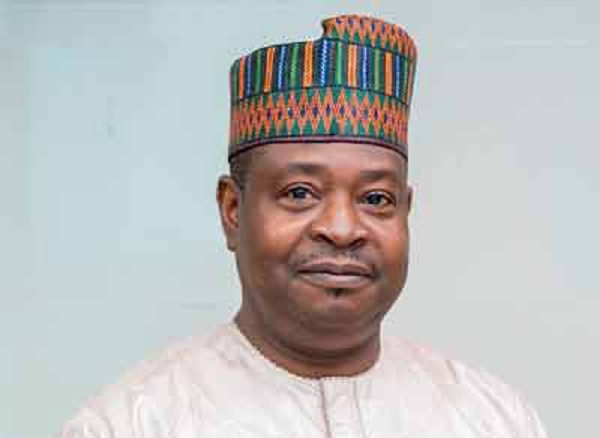The federal government says it hopes to earn at least $39 billion from privatisation of public institutions in two years.
Acting Director-general of the Infrastructure Concession Regulatory Commission (ICRC), Michael Ohiani disclosed this in Abuja, at the opening of a two-day summit of the Africa Public Private-Partnership Network (AP3N).
He stated that in 2021, the ICRC published a pipeline of 51 eligible and bankable PPP projects, worth over $17 billion and the list contained projects from different economic sectors which have been granted the Outline Business Case Compliance Certificates, but which did not have identified bidders.
Ohiani added that for 2022, ICRC intends to gazette a pipeline of 53 eligible and bankable PPP projects, worth about $22 billion, very soon.
This brings the total sum of the proposed bankable projects to $39 billion.
He further stressed that as of May 2022, there are 77 post-contract PPP projects under implementation at the ICRC Projects Disclosure Portal, which is the first disclosure portal in the world, established in collaboration with the World Bank.
According to the director-general, as of May 2022, there are 197 pre-contract projects at different phases of project Development and Procurement on the ICRC website.
He said between 2010 and 2021, under the regulatory guidance of the ICRC, the government has approved PPP projects worth more than $9 billion while the Commission has issued 128 Outline Business Case Compliance Certificates to date.
The theme of the summit, ‘Financing Africa’s Infrastructure through PPP’, according to Ohiani, is not only apt but very timely, given the critical role played by PPPs in the transformation of global economies, and the need to galvanize available resources in the private sector to grow and develop the African economy.
He stated that the vision of APPPN is to have a network of PPP experts across the African continent to find concrete solutions to bridge the infrastructure gap in the continent by bringing together PPP Units, professionals and experts across the continent to design, develop, and implement infrastructure projects in tune with global best practices for infrastructure and service delivery.
On his part, the Secretary to the Government of the Federation (SGF), Boss Mustapha, said though Africa faces huge infrastructure gaps, to be able to stimulate and create a vibrant private sector on the continent and accelerate infrastructure development, some issues must be addressed.
He said the present situation presents huge opportunities for private investment through public-private partnerships, especially in energy, housing, transportation, agriculture, technology, waste management, and social services and amenities, saying, “the continent requires energy, transportation, and new satellite cities to accommodate millions of people moving from rural to urban areas. Indeed, all sectors of the African economy are yearning for massive investment to fast-track infrastructure development and structural transformation that will impact the citizenry.”









